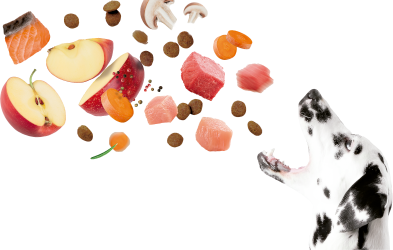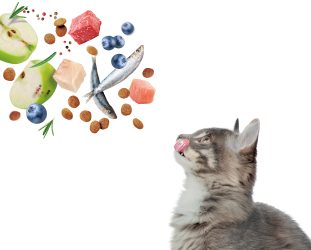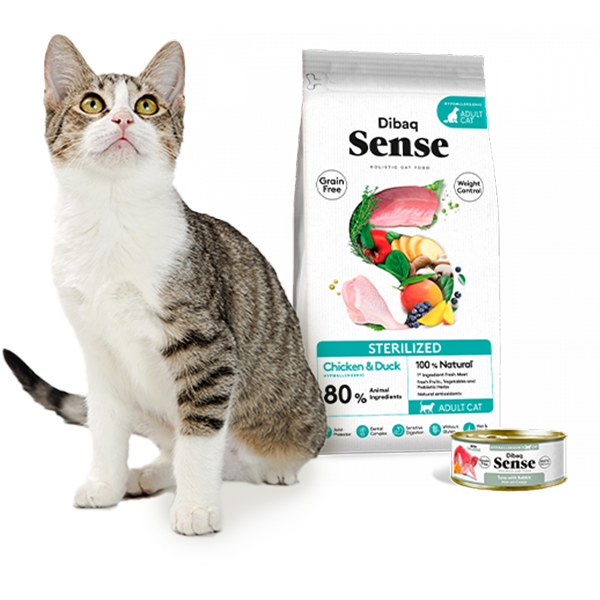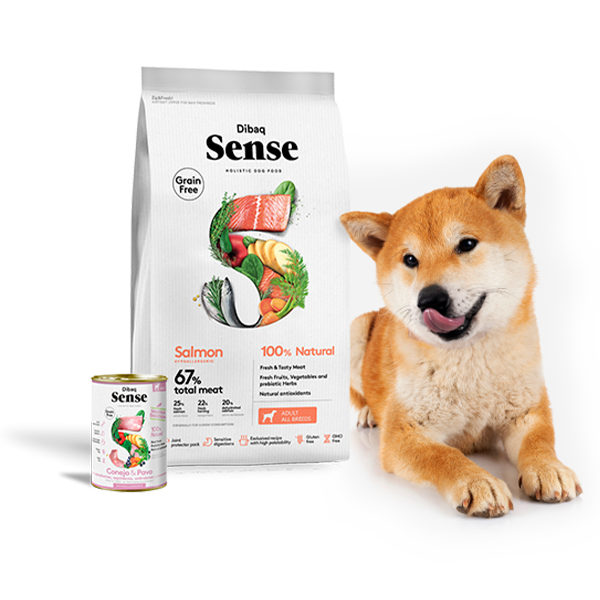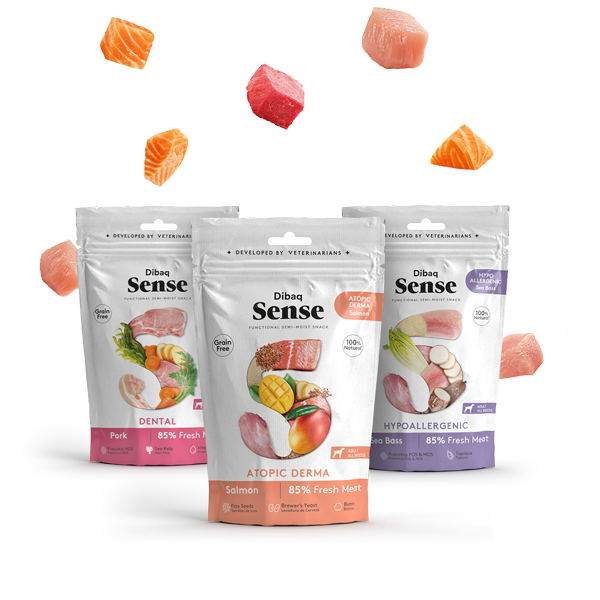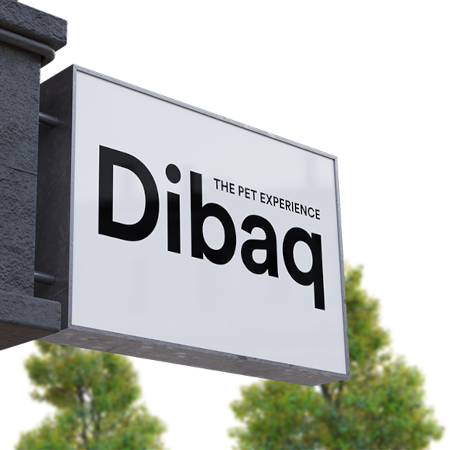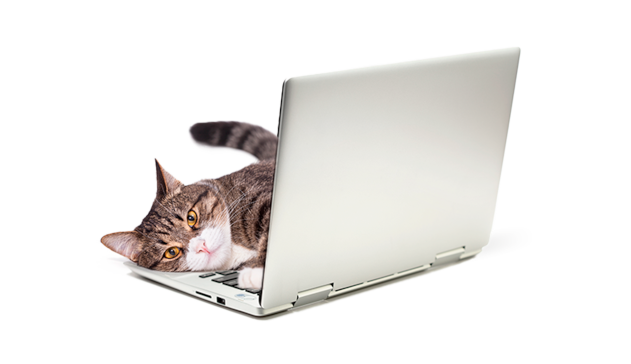10 keys to feeding your kitten from a puppy
If a new feline member has arrived in your family, congratulations! Happiness is guaranteed. But if it is a puppy kitten, you should keep in mind that during its first months of life, nutrition will be key for it to grow healthy. The main factors that should determine the choice of food for your little one will be their age, physiological state and physical condition, their breed and the type of life they have previously led, if applicable, among others.
If you have questions about what cat food you should give your puppy, we give you 10 tips for feeding it based on its qualities.
Specific food for cats
Kittens continue to retain their predominantly carnivorous nature and most maintain a good hunting instinct, which is why their digestive system is adapted to this type of diet. For this reason, it is important that their diet contains high amounts of animal protein and that this is provided through a specific product for cats. Any other type of food, such as human food, can cause health problems and unbalance your diet.
First weeks of life
A puppy must gain weight every day for proper growth and development, especially during the first weeks of life. For this, as in humans, breast milk is best. If this is not possible, you should consult with a veterinarian about the best option to replace the lack of nutrition in the mother cat's milk and never offer cow's milk since they do not have the necessary digestive enzymes to digest it.
When to switch to food for adult cats
At 12 months your cat should go from puppy food to adult food. The process goes through several phases: the first goes from birth to 2 or 4 months of life; the next goes until the first year of life. From this point on, the kitten's growth begins to slow down and it is the time when the diet must be adapted to its new needs so that it can maintain its ideal weight.
Change your habits little by little
Any food change you have to make to your little one should be a progressive process. It will be recommended that you introduce the new food gradually over 7 or 10 days. The idea is to offer the new food at the same time as the old and gradually reduce what you want to remove from your cat's diet.
Quality above all
It is essential that the food you give your kitten has optimal quality as it will influence its development and growth. The quality of the product's raw materials will be equally important as its treatment and packaging, since care throughout the process will allow the food to reach your little one in perfect conditions and with the nutrients intact. Dibaq Petcare's range of food for small puppies up to 12 months, with natural ingredients that promote metabolism in cats during pregnancy and lactation.
Specific rations or free provision of food?
It is true that cats tend to manage their food well - unlike dogs, who tend to eat everything you leave them without distribution. You can let your little one freely choose when and how much to eat from his bowl, if the vet does not indicate otherwise, but there is a risk that he will tend to become overweight. For this reason, it is advisable to respect the recommended rations for each day and not refill its feeder over and over again if it has finished the ration, as your feline will know how to administer it throughout the day and will eat little by little.
Physiological state of your feline
Your kitten will go through different physiological states, such as pregnancy and lactation, but it may also undergo others such as sterilization. Neutered cats tend to gain weight easily due to intervention in their metabolism, so you must change their eating habits to combat overweight .
Drink enough water
That your kitten drinks enough water each day will be a fundamental aspect for its diet to be complete. Kittens can become dehydrated more easily than adult cats, so always have a bowl of clean, fresh water available to them.
Keep your feeder clean
It seems obvious, but sometimes we refill the feeder over and over again, leaving small remains of food from one day to the next that can generate bacteria, especially wet foods, and cause your little one some digestive problems.
Food supplements? No, thanks
A cat that is healthy, thanks to a balanced and quality diet, will not need to season its food with any type of supplements. Anything that involves adding vitamins or nutrients to their diet can cause an imbalance in their normal diet, so only use these “extras” if they are recommended by your veterinarian.
At Dibaq Petcare we welcome your little one and remember that a well-fed cat will be a happy cat!
Share this content

